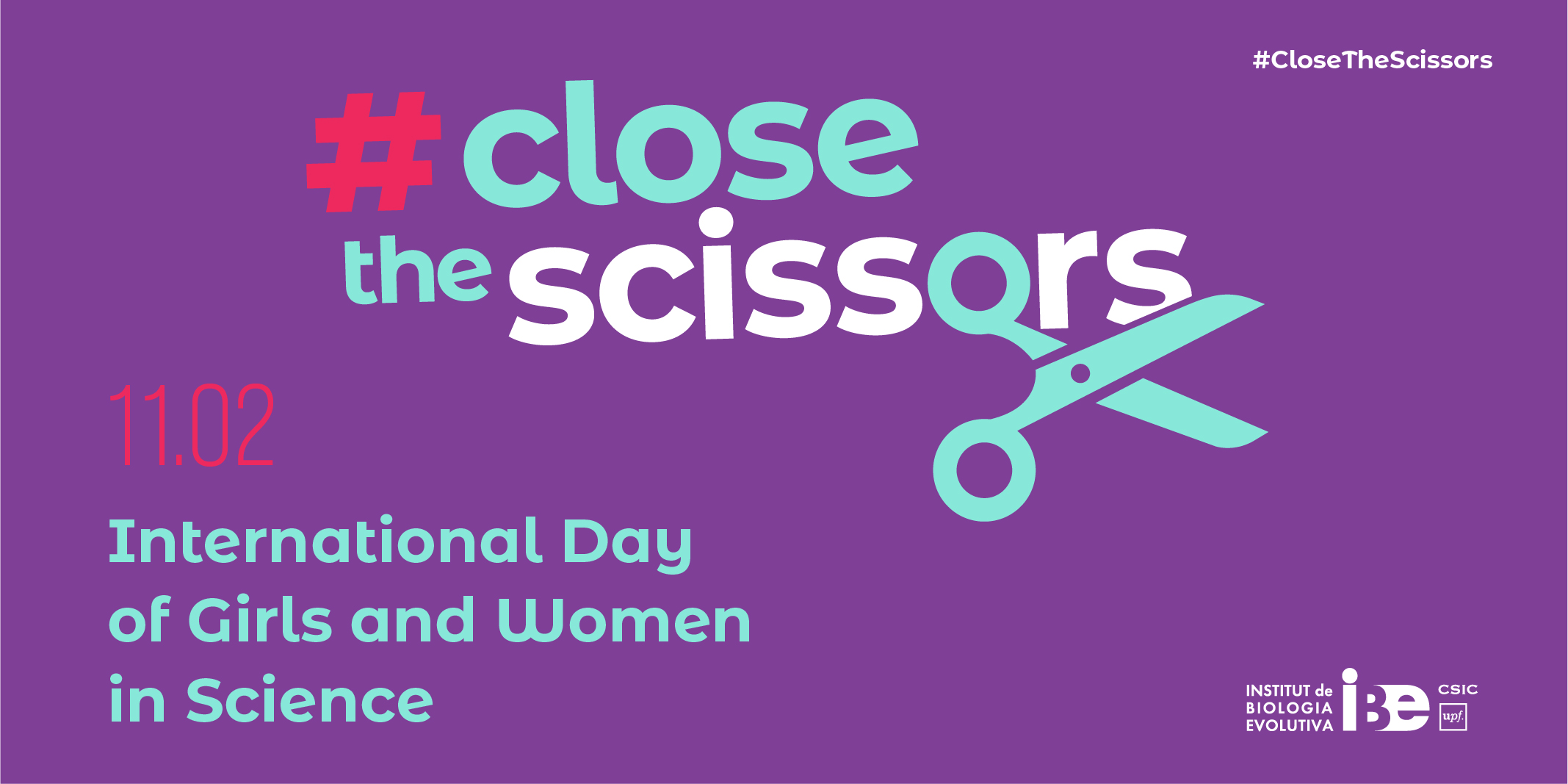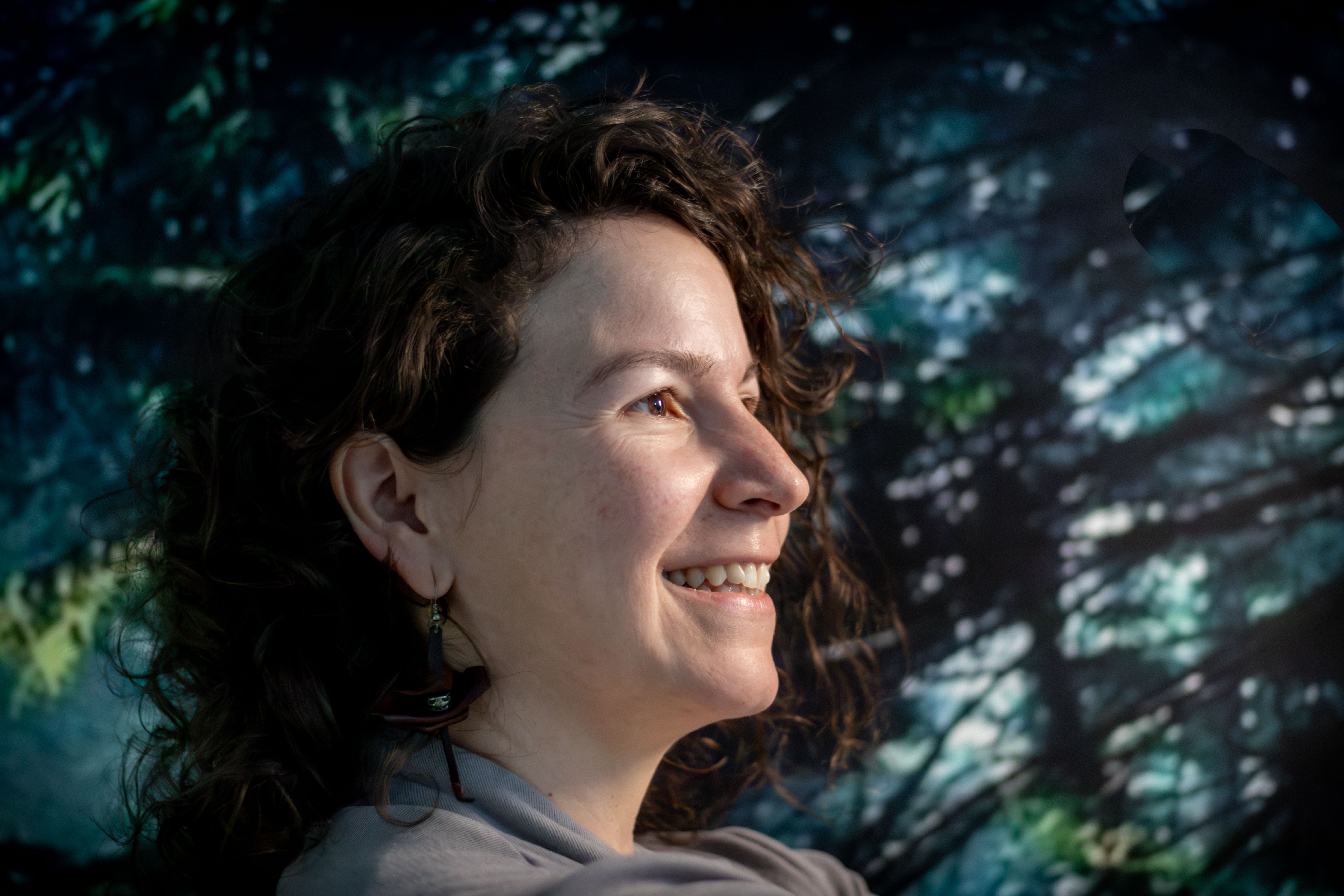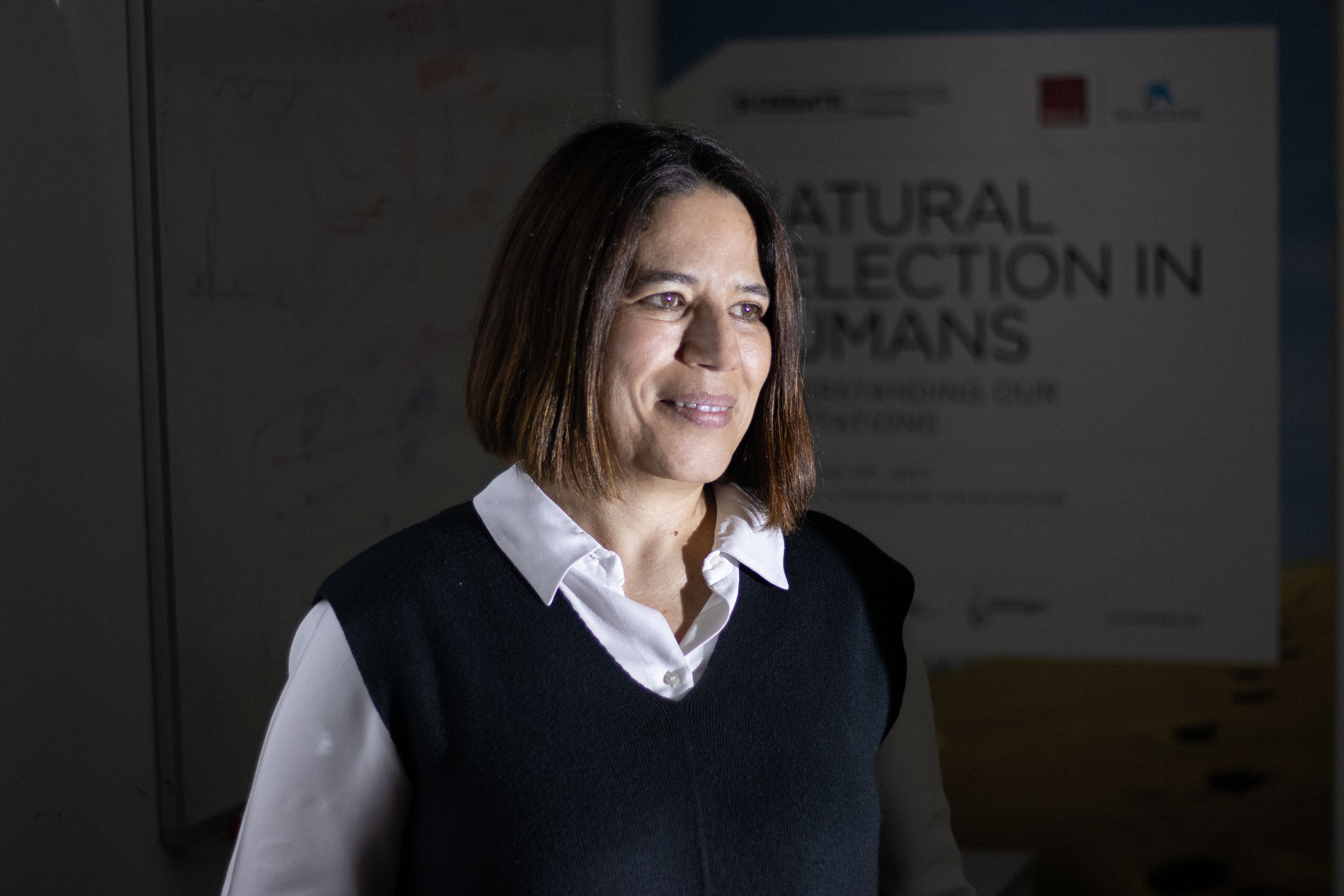Science evolves. Does the Scientific Career Evolve?

According to the Women Researchers Report 2024 by the Spanish National Research Council (CSIC), while women are the majority in the early stages of a scientific career (academic and predoctoral), the gender balance shifts in later stages (postdoctoral and principal investigator). As a result, only 26.9% of principal investigator positions are held by women.
This gender gap in scientific careers is illustrated by the Scissors Graph or the Leaking Pipeline, which shows how women are pushed out of the professional growth system at each stage of the research career.

This "leak" of women researchers typically begins at the postdoctoral stage, a critical phase in the academic career that follows undergraduate, master’s, and doctoral studies. To continue their research career, scientists must secure a grant such as Juan de la Cierva, Beatriu de Pinós, or Marie Skłodowska-Curie (MSCA). These are the grants that Rosa Fernández, a principal investigator at IBE, obtained when she decided to pursue a research career after completing her PhD.
Today, she leads the Metazoa Phylogenomics group at the institute, where she enjoys developing new projects and thinking big to explore animal evolution. “That pure passion for research motivates me the most to come in every day and keep doing what I do,” she says.

Rosa Fernández, principal investigator at the IBE.
When asked about what led her to start a postdoc, Rosa Fernández explains that for her, it was a matter of passion and opportunity.
"I loved science so much, and I wanted so badly to have my own lab one day to keep investigating the questions that fascinated me that I never even considered another option—it was absolute clarity."
Regarding the Scissors Graph, Rosa Fernández points to the structure of the research career itself.
"One of the problems is that the only end goal is to become a principal investigator. On top of that, there are very few grants, and they are highly competitive. If you don’t have the good fortune of everything going perfectly during your PhD and early postdocs, your CV won’t be competitive, and you may have to consider other career paths."
Luck comes up again when we speak about the research career with Elena Bosch, principal investigator and deputy director at IBE, as well as a professor in the Department of Medicine and Life Sciences at Pompeu Fabra University (MELIS-UPF).
"I always say that you need a lot of luck with where you end up and with being able to publish the results you get. You might join a great institution, but sometimes the project doesn’t yield the expected results. Or maybe it does, but another competitive group beats you to publication. You need to be lucky and work hard for a long time—during your PhD, your postdoc, and then have the opportunity to come back."

Elena Bosch, Deputy Director and principal investigator at the IBE.
Elena Bosch leads the Evolutionary Population Genetics group at the institute, where she enjoys “discovering new things, having the freedom to study what we find interesting—within limits—and the fact that no two days are the same.” When asked about her decision to start a postdoc, passion once again played a key role.
"In my case, I was sure that I wanted to continue as a researcher, so I looked for a postdoctoral position and was lucky. I found a five-year postdoc contract, though I was able to return after three years. It worked out well for me, and I was very happy with the experience. But of course, that meant that, at a certain age, I moved to another country and was separated from my family and friends. My partner and I met up every two or three weeks, either in Leicester, England or in Barcelona."
For her, the mobility required in a research career wasn’t a major obstacle, but she warns that it could be for other women scientists. Rosa Fernández, who spent four years in Boston at the start of her postdoc, echoes this concern.
"This is a burden we carry, and it’s closely tied to the 'Leaking Pipeline.' Many people in their thirties don’t want to move abroad, uproot their lives, or leave behind their families, partners, friends, etc. Or maybe they want to have a child next year, and the idea of relocating to another country for two years doesn’t appeal to them," says Rosa Fernández, who also points out that fierce competition could tip the scales.
"I think one of the problems is the extreme competitiveness of the system, which only rewards the very top candidates. And that’s a shame because being a scientist doesn’t require being a genius, but the system we have ends up pushing most people out," she warns. "We’re losing an incredible amount of talent along the way."
At IBE, we believe science needs all of us. Follow us on X, Bluesky or LinkedIn to keep exploring the ins and outs of a research career through the voices of IBE’s women scientists. #CloseTheScissors
